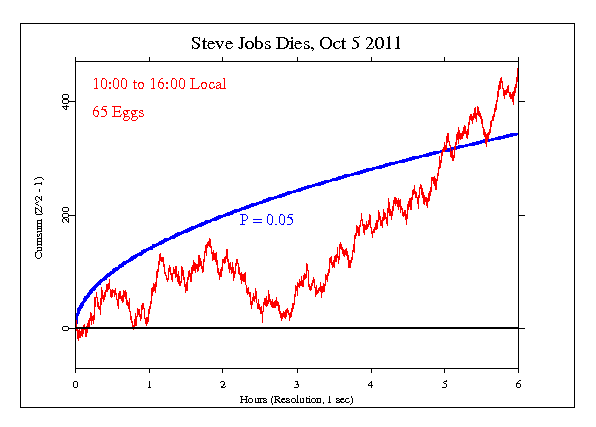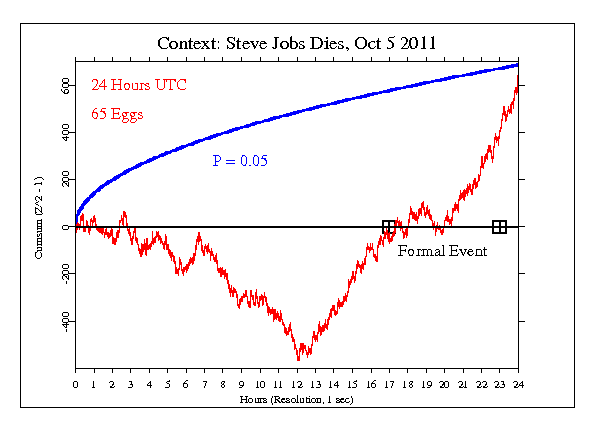|
Steve Jobs was 56. He died on October 5 2011 after publicly fighting
advanced pancreatic cancer since 2004. He, along with
co-founder Steve Wozniak, built one of the most
commercially successful personal computers and
founded Pixar animation studios.
He was a creative visionary who changed the world of
technology by inspiring and building elegant, highly
functional, literally beautiful machines. The Mac computer,
the PowerBook, the iPod, iPhone, iPad. Legions of ordinary
people were given access to powerful creativity and
communication devices that worked -- simply and reliably -- while
also looking good.
The Apple Board of Directors wrote:
We are deeply saddened to announce that Steve Jobs passed
away today.
Steve's brilliance, passion and energy were the source
of countless innovations that enrich and improve all of our
lives. The world is immeasurably better because of Steve.
His greatest love was for his wife, Laurene, and his
family. Our hearts go out to them and to all who were touched
by his extraordinary gifts.
You can share remembrances with Apple at
rememberingsteve@apple.com. Here is a post from the eve of his
stepping down as CEO.
Do not therefore consider this life as an object of any
moment. Look back on the immense gulf of time already past; and
forwards, to that infinite duration yet to come, and you will
find how trifling the difference is between a life of three
days and of three ages.
Let us then employ properly this moment of time allotted us
by fate, and leave the world contentedly; like a ripe olive
dropping from its stalk, speaking well of the soil that
produced it, and of the tree that bore it.
-Marcus Aurelius, Meditations
Many people wondered if the GCP network might respond to the
passing of Steve Jobs. I was not able to find a time of death,
but it probably was in the morning of the 5th, local time. The
GCP event was set for 10:00 to 16:00 local time (17:00-23:00
UTC). The result is Chisquare 22048.268
on 21600 df
for p = 0.016
and Z = 2.145.

An exploratory look at the context for this formal event is
interesting. As noted, we do not have the time of death, and
also had little concrete information about the timing of
announcements, statements, press releases. The Internet was
quickly flooded with information and commentary beginning
sometime in the afternoon. The following figure shows the full
24-hour UTC day, with the period of the Formal Event marked. It
is an unusual dataset, with two periods of consistent deviation
from expectation, one negative and one positive, creating the
two long trends in the cumulative deviation graph. As always,
we note that no reliable interpretations can be made of single
events or individual analyses.

It is important to keep in mind that we have only a tiny
statistical effect, so that it is always hard to distinguish
signal from noise. This means that every "success" might be
largely driven by chance, and every "null" might include a real
signal overwhelmed by noise. In the long run, a real effect can
be identified only by patiently accumulating replications of
similar analyses.
|